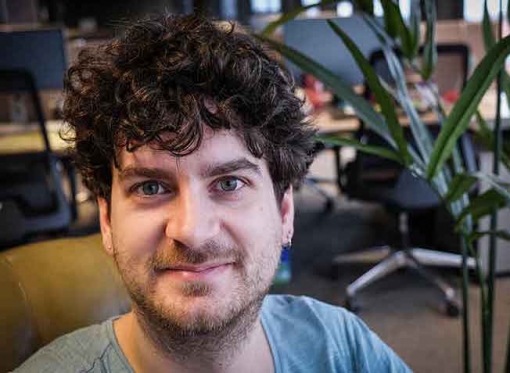
Ruben Verborgh will be a keynote speaker at SEMANTiCS. Ruben is Professor of Decentralized Web technology at IDLab, Ghent University – imec, and research affiliate at the Decentralized Information Group of CSAIL at MIT. He is also a technology advocate for Inrupt.
SEMANTiCS has been the leading European conference for semantic technologies and AI for 15 years. Its first edition in the US will take place from 21 to 23 April 2020 and will cover topics such as Explainable AI, Knowledge Graphs, Semantic Technologies, and Data Governance. Here, Ruben tells us some of the topics he will bring to SEMANTiCS.
What can people expect from your keynote at Semantics?
I will explain a different way to think about data, based on what is fundamentally broken with today's collection-centric business models. This is not a story about privacy or ownership, but rather about unlocking data for innovation.
How does the Semantic Web fit into your vision of data autonomy?
The Semantic Web has sometimes been called a solution in search of a problem, and people perceive the technology stack as unnecessarily complex compared to others. The truth, however, is that the Semantic Web is simply solving more complex questions, and the conditions in which those questions arise are more relevant right now than ever before.
Big data comes with the assumption that it is possible to bring lots of data together in one homogeneous dataset. But is that possible? And is it desirable?
I’m sure it’s possible. And it has been a technical necessity for many years, and for certain applications probably always will be. But bringing data together often means that the end result is the lowest common denominator in terms of richness, and you connect the evolution of one dataset to that of others.
More on Ruben Verborgh